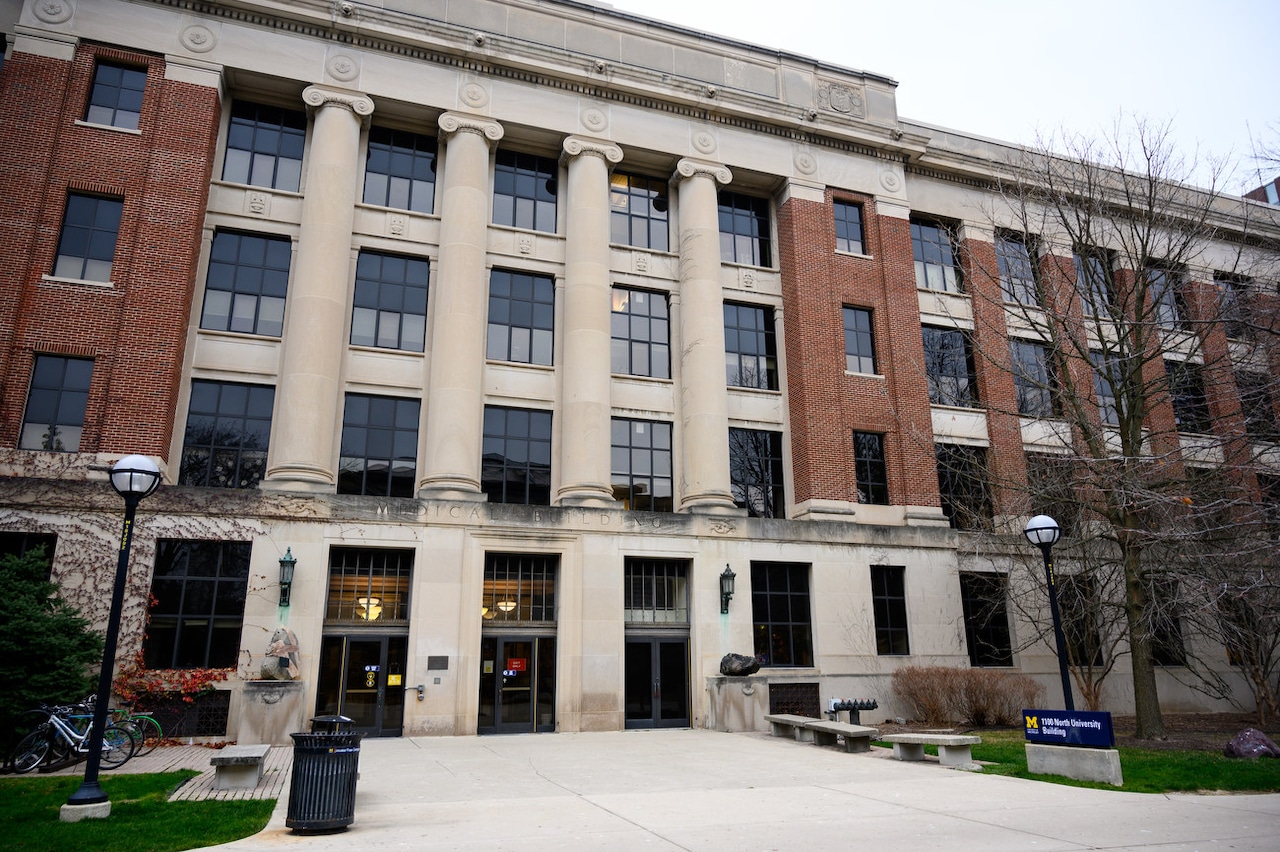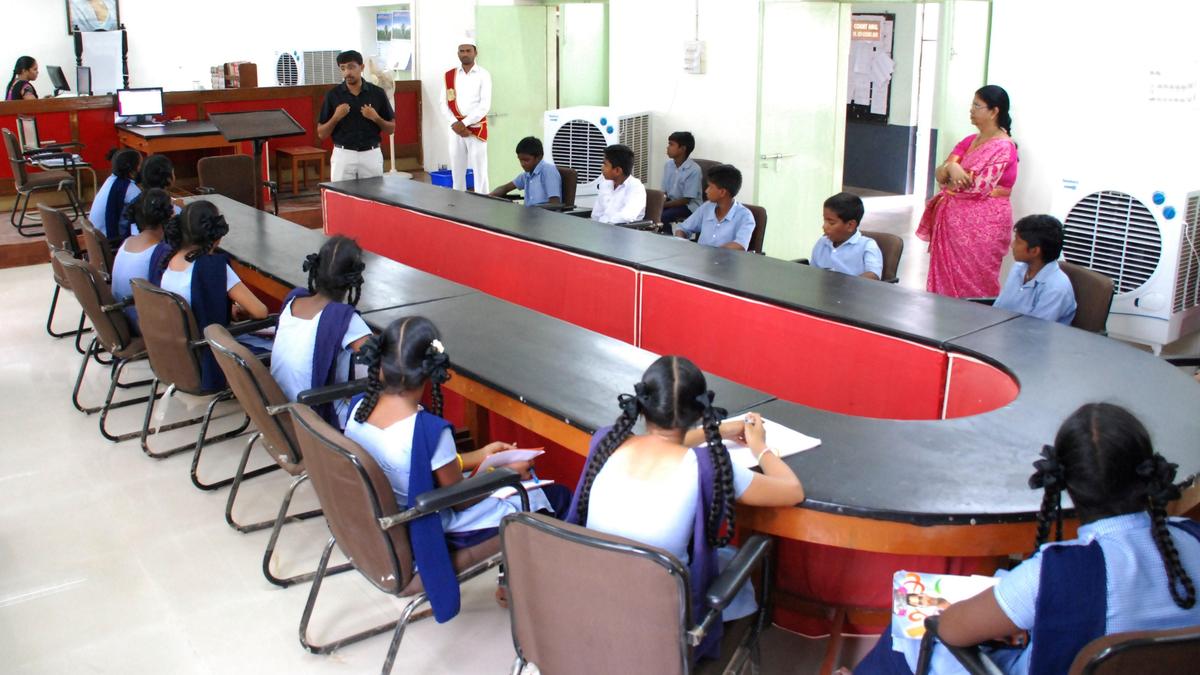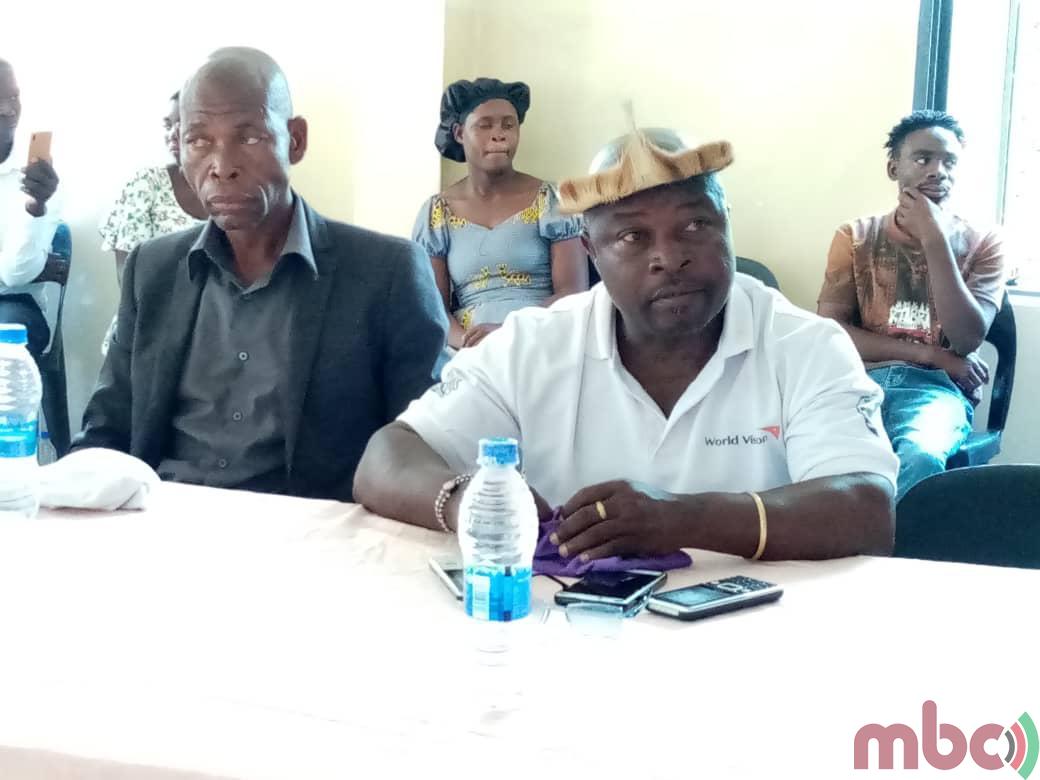Copyright M Live Michigan

ANN ARBOR, MI — An out-of-state University of Michigan facility is undergoing crucial renovation. The University of Michigan Camp Davis Rocky Mountain Field Station, a research and teaching facility about 30 miles south of Jackson, Wyoming, is to have a brand new dining hall and classroom building. They are scheduled to be completed by spring 2027, but the camp director is hopeful construction will be done by November 2026. Camp classes this summer will take place in Dillon, Montana. Students will stay in the dormitories at the University of Montana Western. “It’s close enough to Yellowstone that we can still do that, but also do some locally developed projects in the geology of Southern Montana,” Julia Cole, professor and chair of the earth and environmental sciences department at UM, said. The current dining hall is “physically frail” and the renovated hall comes “out of necessity,” said Cole. Most buildings at the field station date back to its founding in 1929. The UM Board of Regents unanimously approved the demolition of a mess hall and adjacent ancillary facilities at Camp Davis during its Thursday, Oct. 16 meeting at the Flint campus. Read more: University of Michigan approves $9.2M demolition of 96-year-old mess hall in Wyoming The field station hosts over 100 students every summer, and UM professors teach courses that range from introductory geology and environmental science classes to senior capstone projects. All students studying earth and environmental sciences are required to take a course at the field station. Camp Davis started out as a field station for the UM civil engineering program in 1929, said Nathan Niemi, director of the camp for 13 years and a professor of earth and environmental sciences at UM. UM geologists took over the field station in the 1960s, Niemi, 53, said. Niemi said the while residence cabins have been renovated, the dining hall is the camp’s largest project. Seventeen inspectors will evaluate work for health, fire and safety standards, Niemi said. This is much different than was the case with the original building, assessed by no inspectors. Plans began in 2019 and culminated in the UM Board of Regents’ October meeting. “It was really crucial that we were able to replace this building before it decided it needed its replacement on its own,” Niemi said. The new dining hall, with its outdoor porch, will seat over 120 people. In new classroom building, there will be laboratory space to conduct environmental research and outside gathering space. Niemi said the lab will allow students to analyze their own materials. “One of the exciting things about the classroom that we’re building is it supports the science that our students want to do now that maybe they weren’t doing and we weren’t teaching 40, 50 years ago,” Cole, 63, said. The field station sits near a river, glaciers, mountainous terrain and the Yellowstone ecosystem. Walking paths and outdoor spaces connect the separate facilities. Niemi said Camp Davis is unique for a major higher education research institution because the university offers small class sizes with students across backgrounds and experiences. “Camp is a real galvanizing experience for a lot of our alums,” Cole said. “It’s a huge part of our culture as a department and really brings students as alumni after they graduate...they support us financially, but they also support us intellectually and from an emotional or cultural standpoint in the sense that they’re coming back and talking to students.” Naomi Levin, professor of earth and environmental sciences at UM, said the field station serves students who want to learn more about the sciences and those who want to further expand their knowledge. “If we have an established place where we feed people, it actually opens up the kinds of students who can actually engage in the learning that we need them to do out there,” Levin, 47, said. “It’s incredibly gratifying and satisfying to me to teach out there.” Cole hopes that the new renovations at Camp Davis can help students “relax and learn.” “Making this accessible is a real priority for us,” Cole said.



